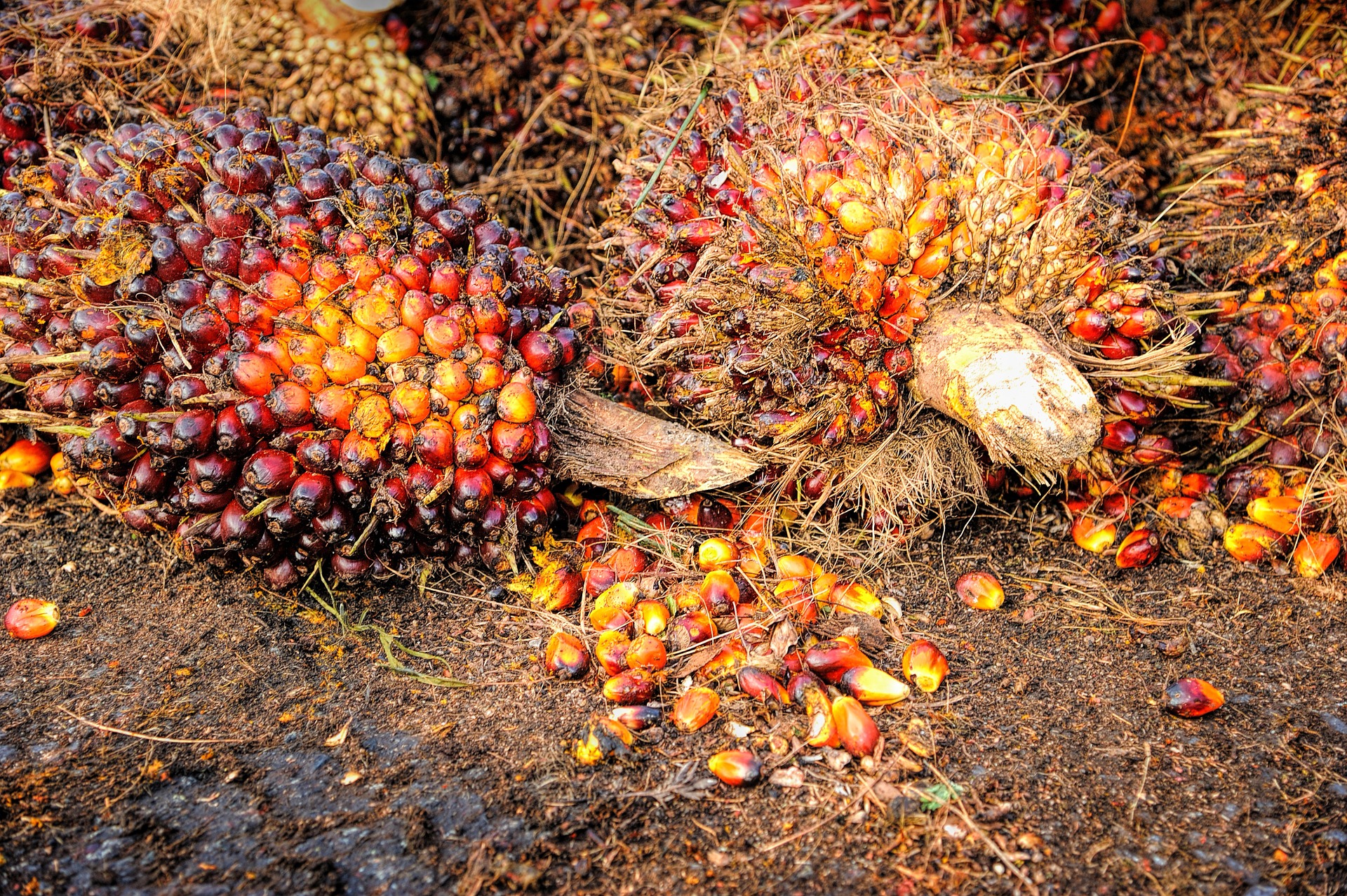KUALA LUMPUR, Jan 5 (Bernama) — The Malaysian government and palm oil industry players will continue to work hand-in-hand to guarantee that palm oil is sustainably produced and recognised as such around the globe, said the Malaysian Palm Oil Council (MPOC) chairman Osman Sapian.
He stressed that both the government and industry players have the responsibility to ensure that all industrial activities remain sustainable and as environmentally friendly as possible.
“We have implemented various stringent policies and guidelines to ensure that the industry upholds the very highest standard of sustainable practices.
“These policies include the mandatory sustainable palm oil certification under the Malaysian Sustainable Palm Oil (MSPO) programme,” he said in his keynote address during the official opening of the Malaysian Palm Oil Trade Fair and Seminar (POTS Digital 2021).
Themed “Malaysian Palm Oil – Forging Ahead in the New Norm”, the four-day virtual event which started today is organised by the MPOC.
Osman said that sustainability is crucial in the local palm oil industry as Malaysia is the world’s second-largest supplier of palm oil.
Palm oil constitutes 30 per cent of the global oils and fats production, and plays a significant role in fulfilling the demand in the global oils and fats market.
“Global palm oil export, which was recorded at 15 million tonnes in 2000, is estimated to have reached 50.7 million tonnes in 2020.
“Similarly, the global palm oil consumption, which was a mere 22 million tonnes in 2000, has shown an impressive growth of 241 per cent over the past twenty years, and is likely to exceed 75 million tonnes in 2020,” he said.
Palm oil is the world’s most produced and traded edible oil, and its versatility can be seen through its use in a wide range of food and non-food products, which led to the remarkable palm oil consumption growth, he said.
Meanwhile, Plantation Industries and Commodities Minister Mohd Khairuddin Aman Razali said that the total export value of the Malaysian palm oil and palm oil products for 2020 is expected to surpass RM70 billion, compared with RM67.5 billion recorded in 2019.
He said the sector’s performance has not only benefited the country through the high import earnings but also benefited the smallholders.
— BERNAMA






